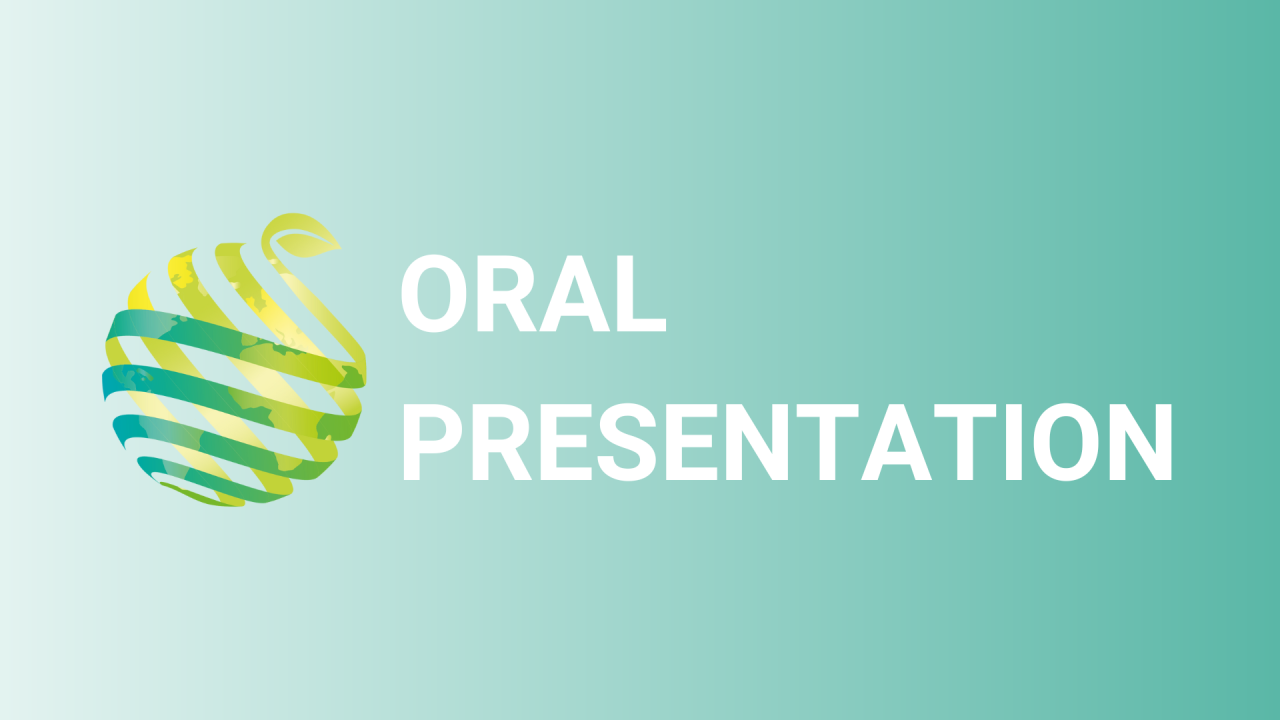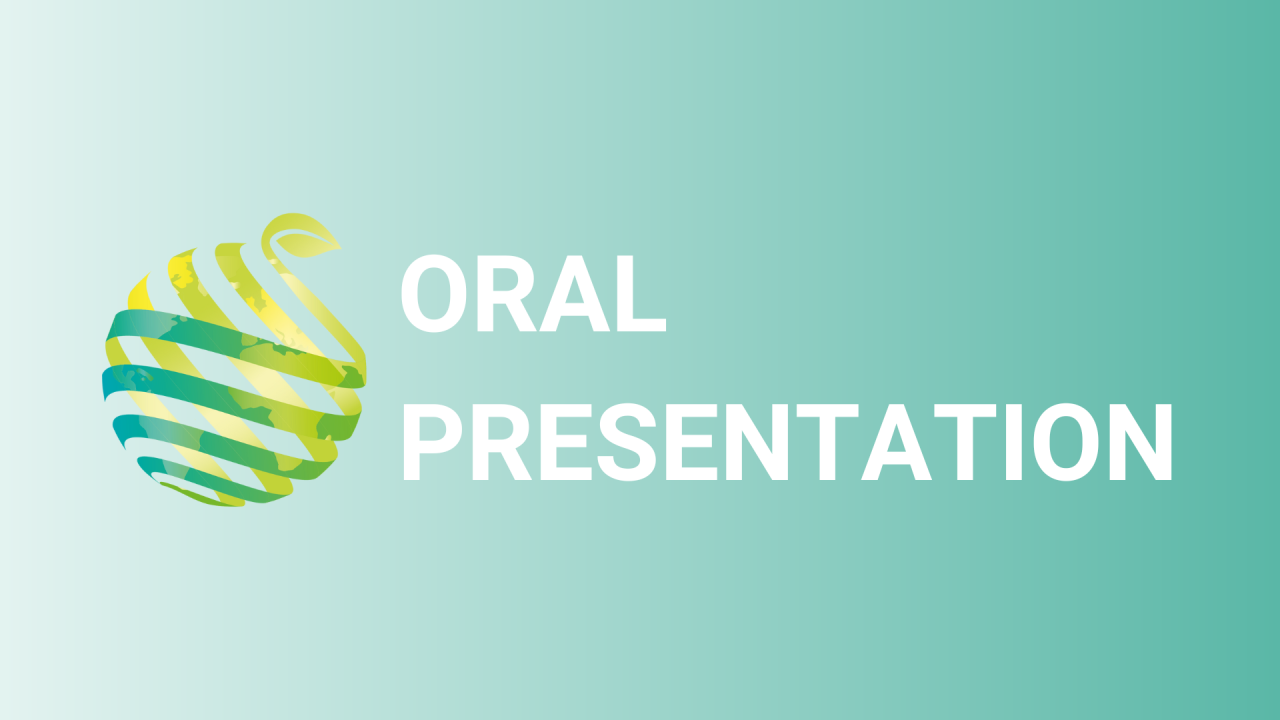

S07 - Session O4 - A citizen science tool for understanding soil ecological functioning in urban areas
Information
Authors: Robin Dagois *, Sandra Barantal, Apolline Auclerc, Anne Dozières, Romain Julliard, Laure Turcati, Alan Vergnes
To cope with the environmental challenges of the XXI century, cities now turn towards greener and more resilient urban planning. In this context, soil biodiversity is a major asset to undertake a sustainable management because it contributes to key soil functions (nutrient availability, water infiltration, carbon storage). However, urban soil biodiversity and its relationships with soil functions is very poorly studied, limiting the potential value of soils in urban landscapes. Facing this issue, the research program BISES (Biodiversity of Urban Soils and Ecosystem Services) aims at improving the understanding of these ecosystems and providing tools to help urban planners to take soils functions into consideration. One of its objectives is to rely on citizen science to promote and gather knowledge on soil living organisms in urban areas. This program, entitled QUBS (Soil Biological QUality), aims at collecting data on large temporal and spatial scales and on private - usually restricted - gardens, which represent up to 30% of cities green spaces. QUBS targets a wide audience : professional (i.e stakeholders, urban farmers) and non-professional (i.e gardeners, school children). This citizen science is designed to respond to concerns about the impact of city management practices on soil biological quality. QUBS proposes several simple protocols to monitor soil arthropod and earthworm diversity as well as organic matter decomposition. Some of the protocols are issued from existing French citizen initiatives (OPVT n citizen earthworm observatory and JardiBiodiv n citizen observatory of garden soil biodiversity). They are low-cost, simple and accessible for all. QUBS will be launched online in spring 2022. The online platform will share resources, guidelines and tools to facilitate data collection for volunteers and will allow them to upload their data simply. The results will help creating guidelines for urban planning stakeholders in order to better take biological soil functions into account.